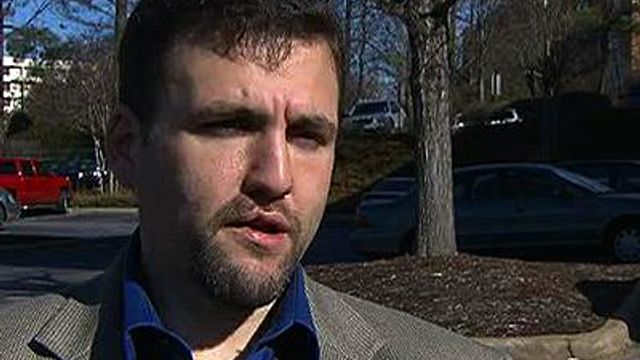Plan would give Wake parents more choices
The newly elected majority of the Wake County Board of Education wants to redefine the idea of neighborhood schools and bus fewer students.
Posted — UpdatedReassigning students and busing them away from their neighborhoods to achieve economic diversity in the school system has been a controversial issue for years. It was a key point in this year's election in which voters elected four candidates who said they supported changing the policy in favor of neighborhood schools.
Board member John Tedesco says the majority's vision for a new model of neighborhood schools would give parents choices while keeping their children close to home.
As it is now, each residence in Wake County is assigned to a specific school.
What's being considered by some board members is a plan calling for "community assignment areas," meaning each home would be given a number of education options. Ideally, Tedesco says, that would include a mixture of magnet schools, as well as those on year-round and traditional calendars.
The idea is only being discussed, and it could be at least two years before a transition plan could be in place, he said.
"Not all of them are going to work out with capacity or utilization, and that's what we have to balance out with growth and demand," Tedesco said.
Bill Fletcher, who served on the Wake school board from 1995 to 2005, says the challenge is always demand versus capacity.
"When we opened Davis Drive Elementary School, there were 2,000 children who thought that should be their school," he said. "The school can hold 700. The other 1,300 had to go somewhere else."
Fletcher also worries about doing away with the board's long-standing goal of socioeconomic diversity.
"Folks who gravitate to the closest school are going to wind up creating schools of affluent suburban and less-than-median income," he said.
The school system's policy is to have no more than 40 percent of students receiving free or reduced-price lunches at any school. Neighborhood schools, he says, could lead to schools with 80 or 90 percent low-income students.
That could create other problems, Fletcher says.
"If we're not careful, we will see our teacher turnover rate go up, costing the district at least $15,000 for every position vacated," he said. "We'll see academic achievement suffer. We'll see teacher attraction suffer."
Tesdeco says that is unlikely.
"Wake County is one of the most diverse counties in all of the state of North Carolina," he said. "So to that regard, we think most of those community assignment areas would be fairly diverse already."
Tedesco says school board members plan to work with county staff to start the community mapping process.
"We want to be careful and do it right," Tedesco said of the plan. "But we want to get the ball rolling."
• Credits
Copyright 2024 by Capitol Broadcasting Company. All rights reserved. This material may not be published, broadcast, rewritten or redistributed.






